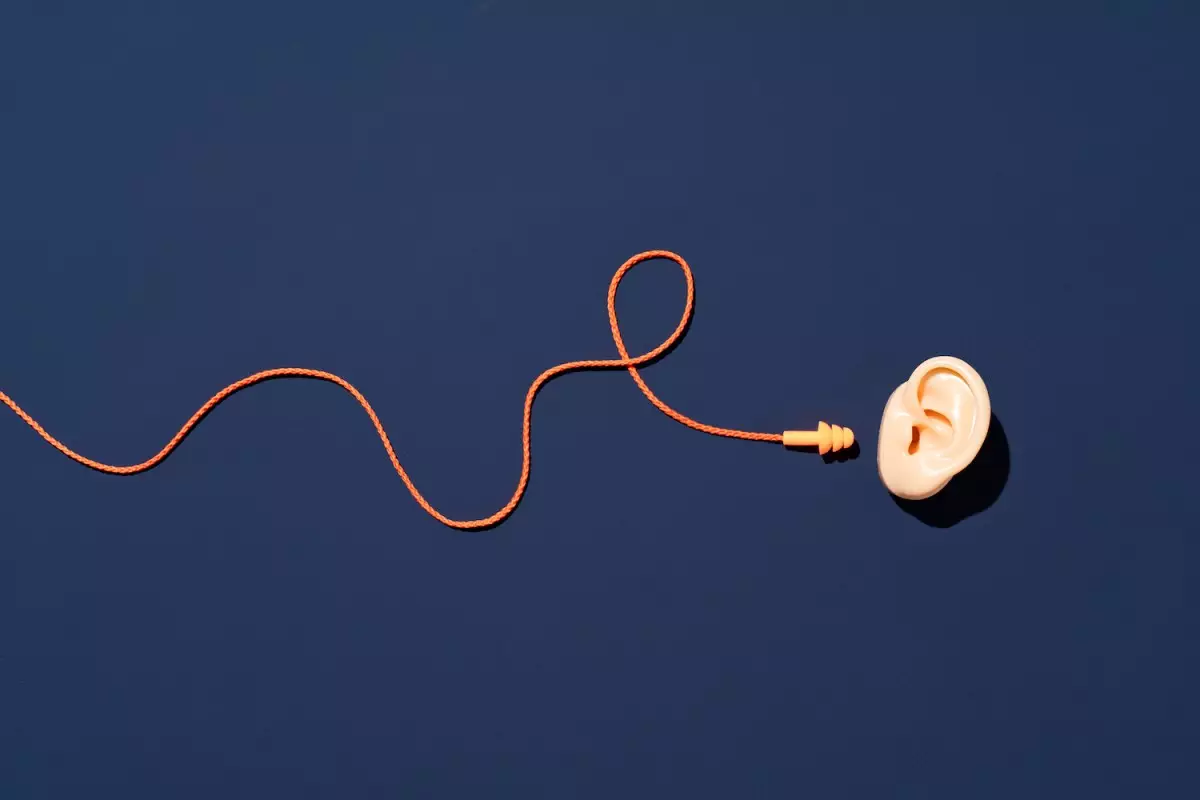In our increasingly noisy world, noise-canceling headphones have become a household staple. They offer a momentary escape from the cacophony of urban life, allowing users to enjoy music or podcasts without disturbance. However, a recent discussion ignited by a BBC report invites us to confront a less obvious risk posed by this technology: the potential for noise-canceling features to disrupt our auditory processing abilities. As more individuals turn to these devices for everyday use, the implications for mental and auditory health deserve closer scrutiny.
The Rise of Auditory Processing Disorders
The report highlights a growing trend among young adults experiencing difficulties in sound comprehension, highlighted by the story of a British woman diagnosed with audio processing disorder (APD). Despite a normal hearing test, she struggled to focus on auditory stimuli. This case is among several reported by five audiology departments within the U.K.’s National Health Service, noting a surge in referrals for similar sound processing issues. APD is characterized by the brain’s inability to interpret and make sense of sounds, a condition that could be exacerbated by the growing reliance on noise-canceling technology.
Noise-canceling headphones work by using microphones to detect ambient sounds and produce counteracting soundwaves. While this allows users to immerse themselves in their desired audio experience, it raises a pertinent question: Are we inadvertently training our brains to avoid processing ambient sounds? This could lead to a maladaptive state where the brain becomes over-reliant on artificial sound modulation, neglecting its natural ability to filter and interpret sounds independently.
The implications of this technology may extend beyond mere auditory issues. The phenomenon of auditory processing disorder can affect cognitive functions, such as attention and memory, which are essential for effective communication. As individuals become less adept at processing sounds naturally, this could result in a broader cognitive impact, leading to difficulties in social interactions where background noise becomes an obstacle to comprehension.
A Call for Research and Caution
As highlighted by healthcare professionals, there is an urgent need for more research into the effects of long-term noise-canceling headphone use. Prioritizing user education about potential risks associated with these devices is paramount. Awareness about appropriate usage, such as taking regular breaks from prolonged sessions of noise-canceling audio or opting for lower volume levels, should be encouraged.
While noise-canceling headphones offer significant advantages for personal audio experiences, it is crucial that users remain informed about their potential risks. A balanced approach incorporating both technology and active listening practices may ensure that we preserve our natural auditory capabilities while still enjoying the benefits of noise cancellation. If we fail to take heed of these emerging concerns, we may find ourselves in a world where the very technology designed to enhance our lives inadvertently diminishes our auditory health and cognitive functioning.

